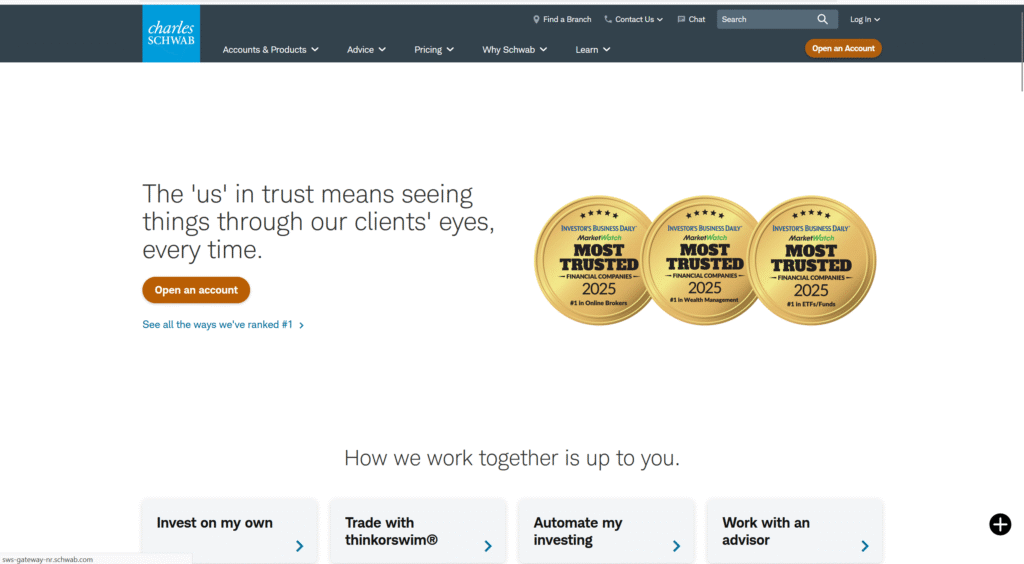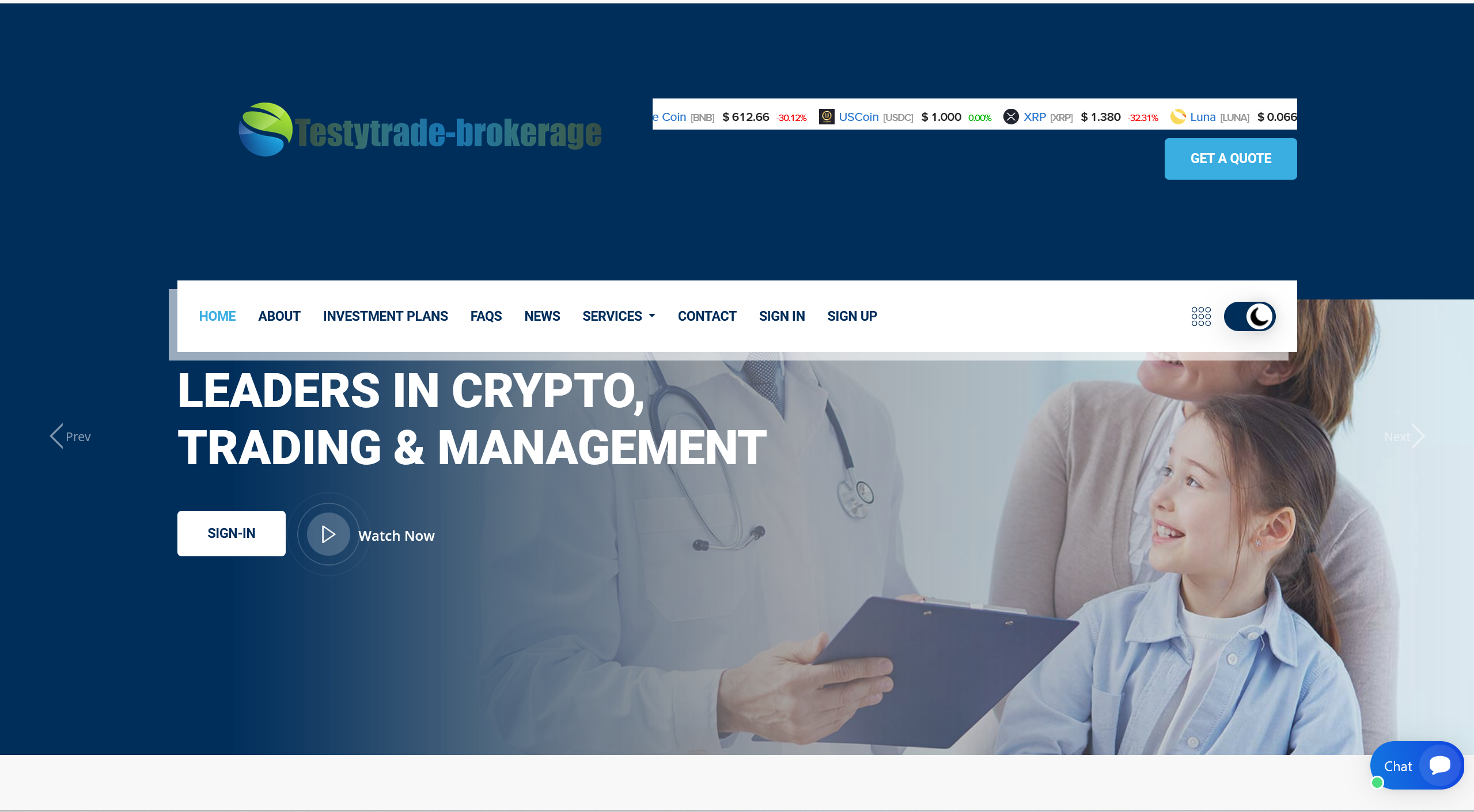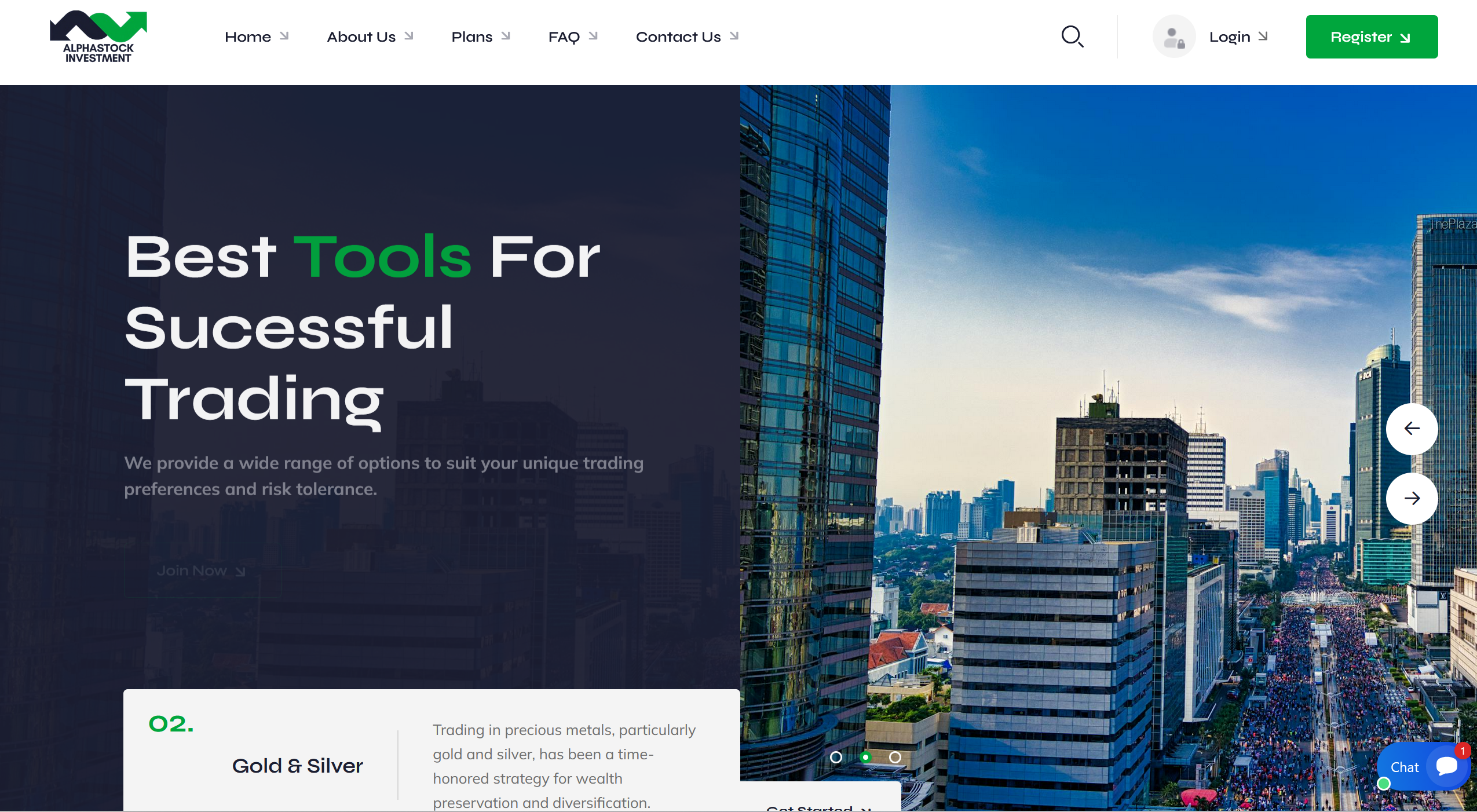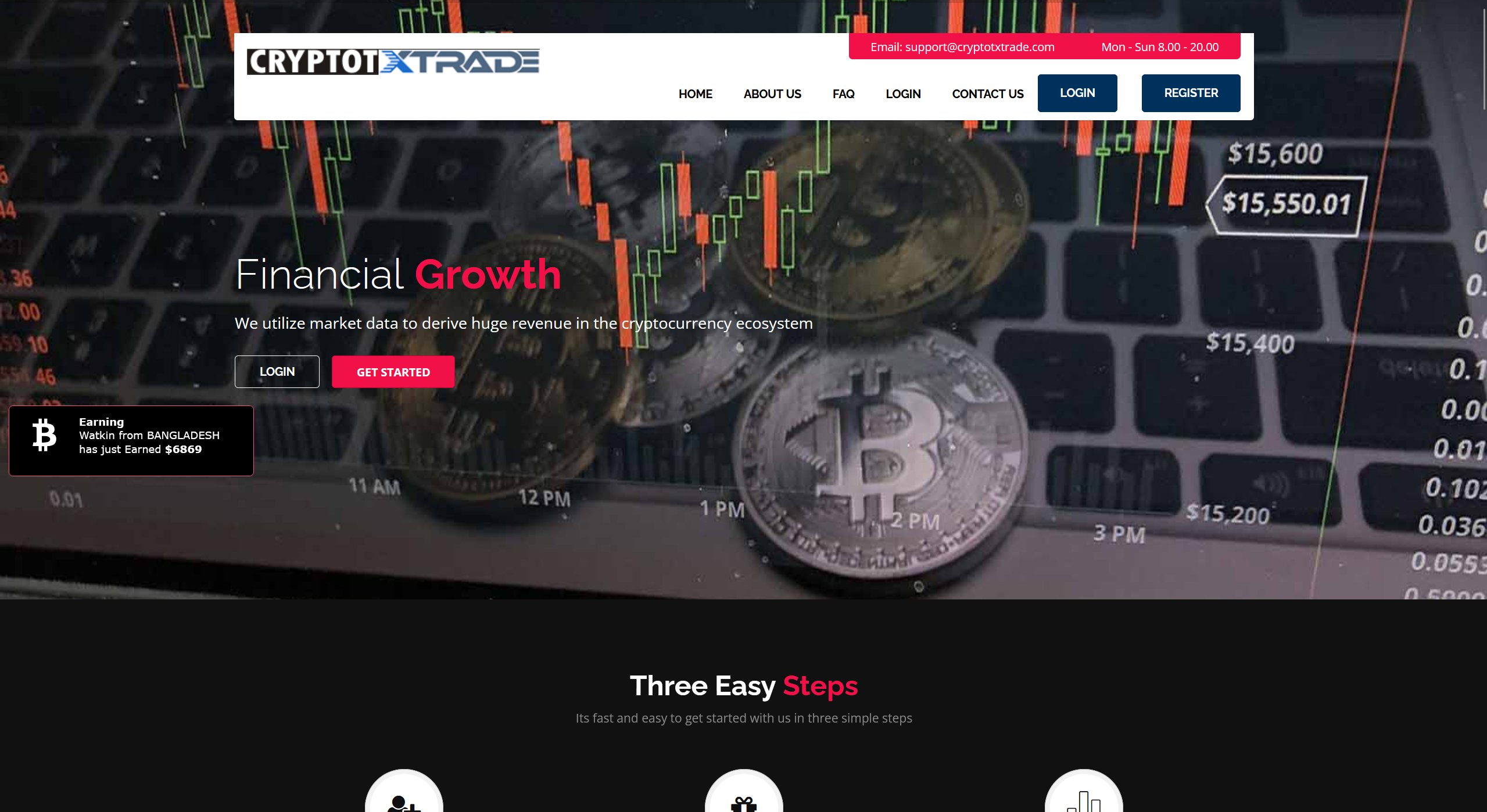If you’re looking into the brokerage world and asking which firm stands out, The Charles Schwab Corporation (hereafter “Schwab”) demands your attention. This is not some fly-by-night platform—it is a heavyweight with decades of history, immense scale, and industry-shaping innovation. Yet even with that prestige, no firm is perfect. Here are ten bold realities you need to understand about Schwab before you entrust your funds.

1. Massive Scale & Deep History
Schwab was founded in 1971 (originally as First Commander Corporation) and quickly transformed itself into one of the major brokerage firms in the U.S. Over the years, Schwab has grown to hold trillions of dollars in client assets, serving millions of accounts and offering brokerage, banking, retirement, and advisory services. When you see a firm with this scale and lifespan, it signals institutional strength.
2. Broad Service Offering — Brokerage, Banking & Advisory
Schwab is not just a stock trading platform. It provides a full range of services: from online brokerage and options/futures trading to banking (checking/savings), mortgages, and full-scale financial advice. This gives it a competitive edge: if you want “everything under one roof,” Schwab is in that category.
3. Innovation & Client-Focused Disruption
For decades Schwab has marketed itself as a champion of the individual investor—lowering costs, opening access, leveraging technology. For example, they were among the first to offer 24/7 order entry and quotation for stocks and bonds. That history of challenging status quo matters: it means Schwab invests in systems and client tools.
4. Solid Regulatory Standing
Schwab is regulated and audited. Its brokerage arm Charles Schwab & Co., Inc. is registered with the U.S. Securities and Exchange Commission (SEC) and is a member of the Securities Investor Protection Corporation (SIPC). Its banking subsidiary is FDIC-insured. In an industry where regulation matters, Schwab offers a strong baseline of oversight.
5. Transparency in Fees and Products (Mostly)
Schwab publishes pricing guides, disclosure documents, and regulatory booklets. For example, one regulatory booklet clearly states: “Investment and Insurance Products: Not a Deposit • Not FDIC Insured • Not Insured by any Federal Government Agency • No Bank Guarantee • May Lose Value.” That kind of transparency is a good sign. However: always read the fine print, especially for advanced products like futures, options, or alternative investments.
6. Tremendous Assets Under Management Growth
Recently, Schwab reported client assets surging into the trillions of dollars. For example, as of 2025 the firm reported assets exceeding $11 trillion. The sheer scale means you are dealing with a major financial institution, not a hobbybroker. That brings both strength and certain risks (which we’ll explain).
7. Strong Brand, But Not Immune to Missteps
Even a large firm has had stumbles. For example, Schwab settled with the SEC in 2022 for $187 million over failure to disclose some cash-allocation practices in its robo-advisor service. This reminds us: even the giants can misstep, so you as client still need vigilance.
8. Cutting-Edge Platforms & Tools for Investors
Schwab provides a wide suite of tools: “Schwab Trading” platforms including thinkorswim® (after integration with TD Ameritrade), mobile apps, retirement calculators, ETF access, etc. For an active investor, that breadth is powerful. For a passive investor, it still offers strong infrastructure.
9. Competitive Pricing & Accessibility
Schwab has pushed the envelope on pricing: $0 online trade commissions for U.S. stocks and ETFs (subject to terms) and no account minimums for many account types. That accessibility means it appeals broadly, not just to the wealthy or institutions.
10. Risk Awareness — You Still Bear Market Risk
Even with Schwab’s strengths, you must accept that investing always involves risk. Schwab’s infrastructure won’t prevent market losses, nor will it guarantee high returns. Their disclosures make this clear: investing is not insured by government agencies (unless specifically deposit products) and value can decline. This means you must use Schwab’s tools wisely—it’s not a “set-and-forget” guarantee of wealth.
EXCLUSIVE CONCLUSION
The Charles Schwab Corporation is a heavyweight in the financial services arena—a name that offers credibility, infrastructure, and broad capability. If you’re evaluating where to place your brokerage account, retirement funds, or banking/trading linkage, Schwab is absolutely in the top tier of options. But here’s the vital takeaway: credibility does not eliminate responsibility.
You are trusting your future to a firm, not a guarantee. Schwab delivers the platform, the tools, the regulatory framework—and you supply the discipline, the strategy, and the understanding of risk. If you treat Schwab as a “safe zone” where you can hand over money and forget it, you expose yourself to potential disappointment. Market downturns, fees for advanced products, and personal behavioral choices still matter—big time.
Given Schwab’s strengths—giant asset base, wide array of services, strong regulation—you can treat this as a foundation you can build on. But building means decision-making: choosing the right account type, selecting investments aligned with your goals, using tools like retirement calculators and diversification options, and reviewing your portfolio periodically. In many ways, Schwab gives you everything except the decision-making itself. That’s still your job.
One practical strategy if you’re on the fence: open a smaller account initially, familiarize yourself with Schwab’s platform—its trading interface, mobile app, research resources—then scale upward as you feel confident. Make use of Schwab’s educational tools. Explore their pricing guide to understand where you might face extra costs (such as options contracts, futures, or margin). Use the transparency Schwab offers to your advantage.
In the context of “should you trust Schwab?” answer: yes, to a significant extent—but with the caveat that trust is not blind. Verify you’re using the correct entity (U.S. brokerage vs. other jurisdictional variant), read all disclosures, and confirm you’re comfortable with the level of risk you’re taking. Schwab gives you structure, but not immunity.
Finally, view Schwab as a part of your plan, not the entire plan. Let your goals, time horizon, risk tolerance, and financial discipline drive your strategy. Use Schwab’s resources—research tools, trading platforms, advisory services—but stay actively engaged. Because the only way to maximize what Schwab offers is to combine its institutional strength with your personal clarity,






2 Responses
One other issue is when you are in a situation where you would not have a cosigner then you may genuinely wish to try to exhaust all of your federal funding options. You can find many funds and other scholarships and grants that will ensure that you get money to support with university expenses. Thank you for the post.
Thanks for your write-up. One other thing is that often individual American states have their unique laws in which affect house owners, which makes it very difficult for the the nation’s lawmakers to come up with a different set of recommendations concerning home foreclosure on people. The problem is that a state has own legal guidelines which may have impact in an unfavorable manner in terms of foreclosure guidelines.